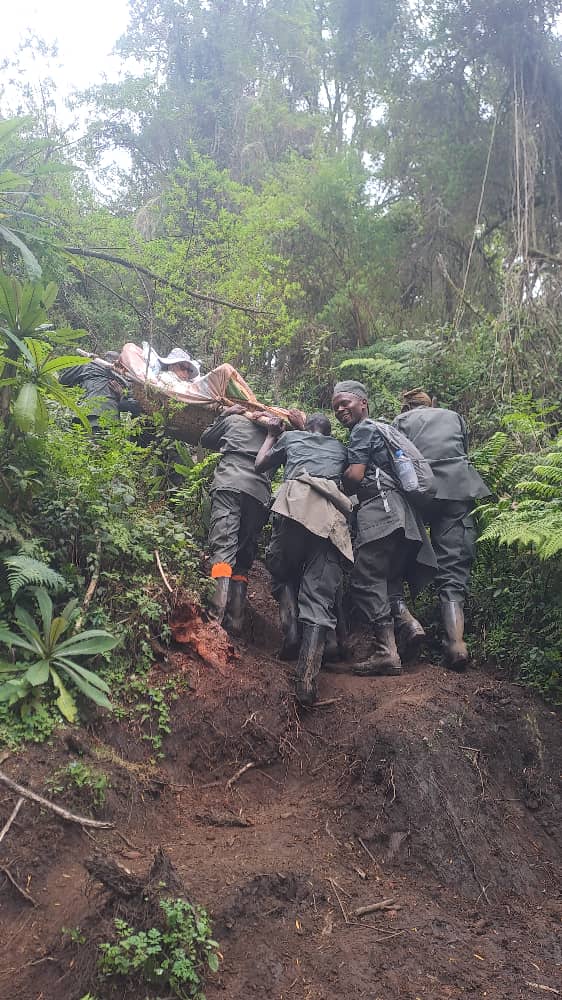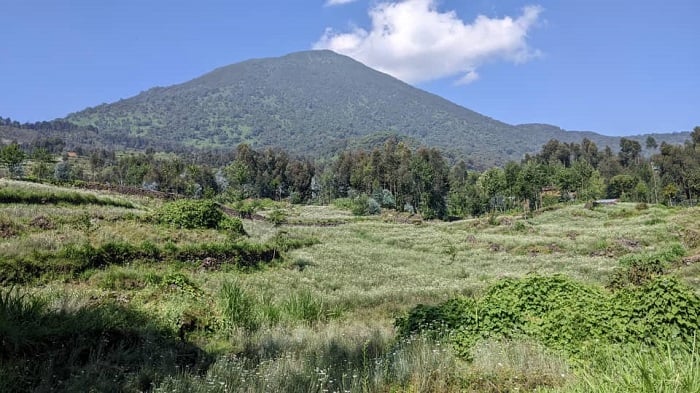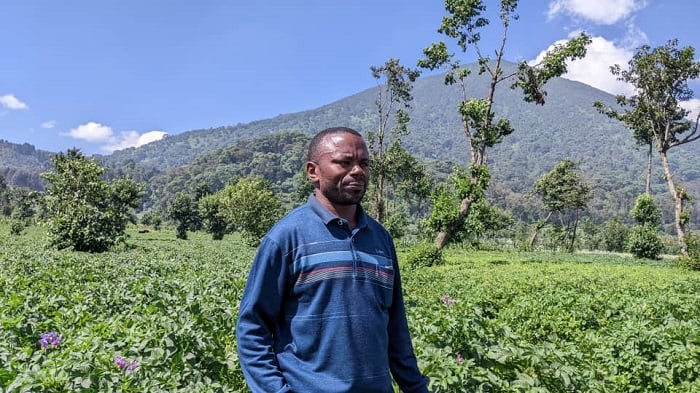From poacher to conservation advocate: Mupenzi’s journey to success
In the past, a poacher’s child was expected to follow in their parent’s footsteps. That was the case for Mupenzi Valentin, who grew up hunting and capturing wildlife in Volcanoes National Park.
At just eight years old, he accompanied seasoned poachers into the forest, setting traps to kill animals like antelopes and buffaloes.
> “We used snares to catch them, especially in areas we knew they frequently passed. When an animal fell into the trap, a group of us—sometimes more than eight—would rush in, slaughter it, and divide the meat,” he recalls.
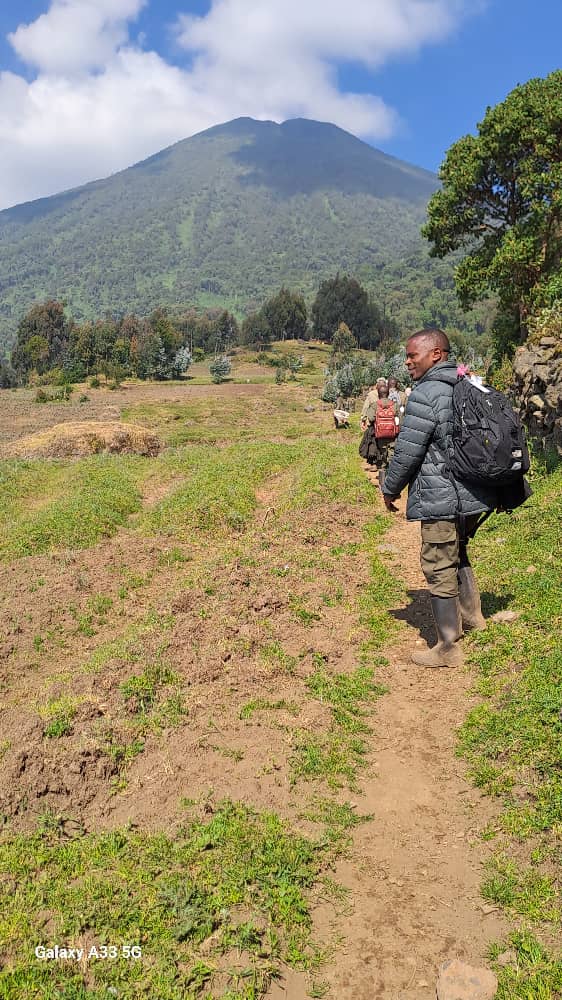
Poaching was an open practice. They carried the meat home openly, some selling it cheaply while others cooked it for their families. Back then, conservation efforts were weak, and the community had little awareness of wildlife protection.
As Mupenzi grew older, he realized poaching wasn’t improving his life—it kept him in poverty.
> “Poaching gave us no future. You couldn’t build a house, raise livestock, or even farm. Those who stayed in it never progressed,” he explains.
Determined to change, he abandoned poaching and started working as a porter for tourists visiting the national park. The tips he earned—ranging from $10 to $20 per trip—became a game-changer.
> “If I make two or three trips a week, I earn enough to support my household,” he says.
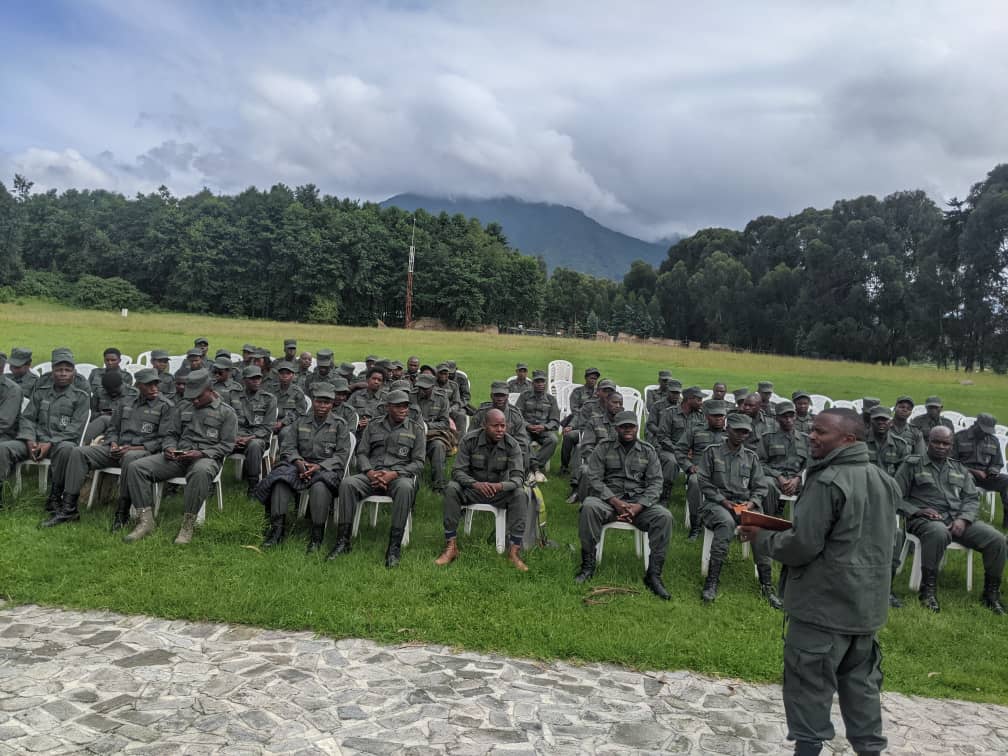
With his savings, Mupenzi invested RWF 150,000 ($120) into farming, cultivating 20 ares of land with potatoes and pyrethrum. Over time, he expanded his farmland to four hectares, owning 2.5 hectares outright. Today, he harvests 25 tons of crops per season, earning over RWF 5 million ($4,000).
Lifting Others Through Jobs and Education
Mupenzi’s farming business provides jobs for many locals who credit him for their livelihoods. But his impact goes beyond agriculture. Recognizing the need for education in his community, he established a nursery school, now educating 400 children.
In Musanze District, he is part of a cooperative of 494 porters—many of whom were former poachers.
Jacques Bisamaza, the head of the Kabeho Ngagi Sabyinyo cooperative, recalls:
> “Back then, it was unthinkable to let an animal walk away unharmed. Our mindset was stuck in the past. But when we realized that poaching was keeping us poor, we embraced a new path.”
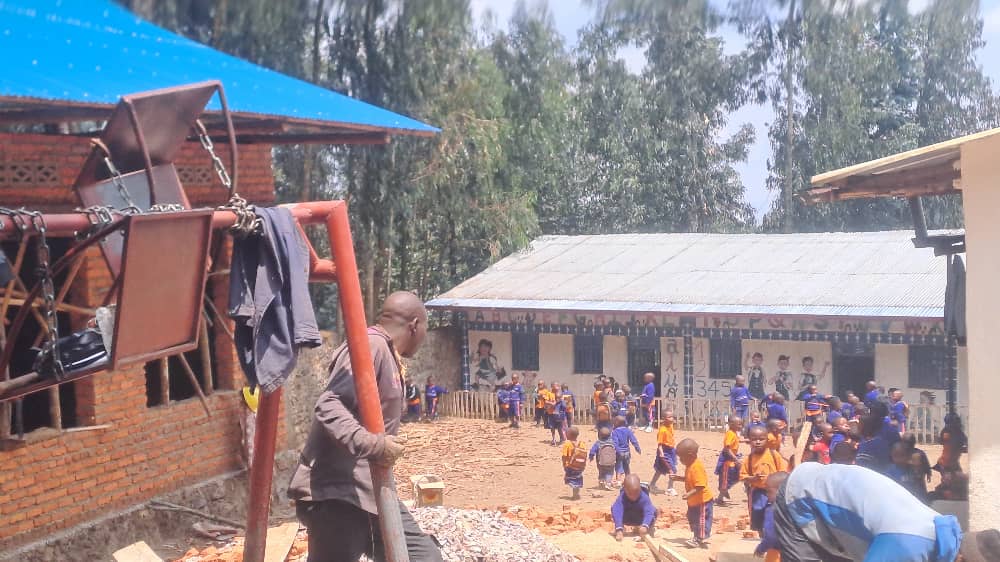
Tourist portering has since become a key economic pillar for many in the area. On average, each porter works twice a week, earning at least $20 per trip. Many have reinvested in farming, forestry, and even carpentry.
Janvier Kwizera, a community engagement officer at Volcanoes National Park, notes that for over 15 years, former poachers have been rehabilitated and trained to find alternative livelihoods.
> “Unlike other cooperatives, this one provides daily work rotation, ensuring members earn consistently. Initially, porters were paid $10 per trip, but today they earn $20, with plans to increase it further.”
Similar cooperatives now operate in neighboring districts, including Rubavu, Burera, and Nyabihu, helping even more former poachers transition into conservation-friendly livelihoods.
